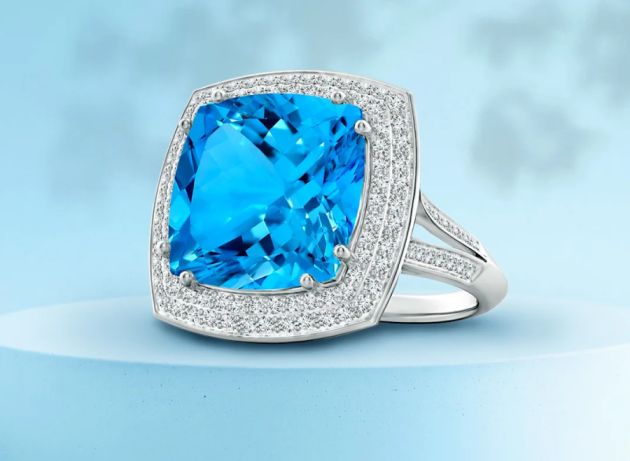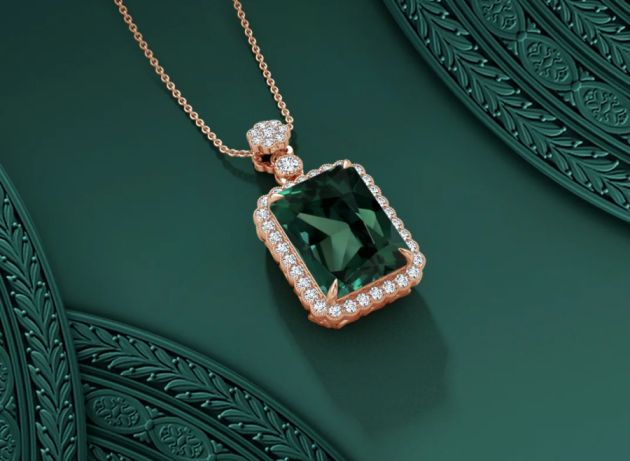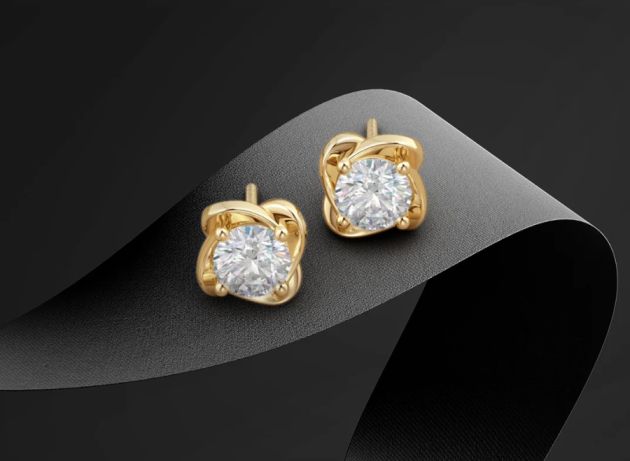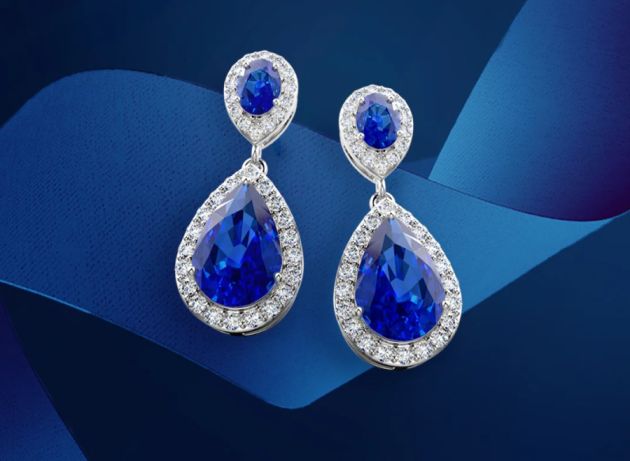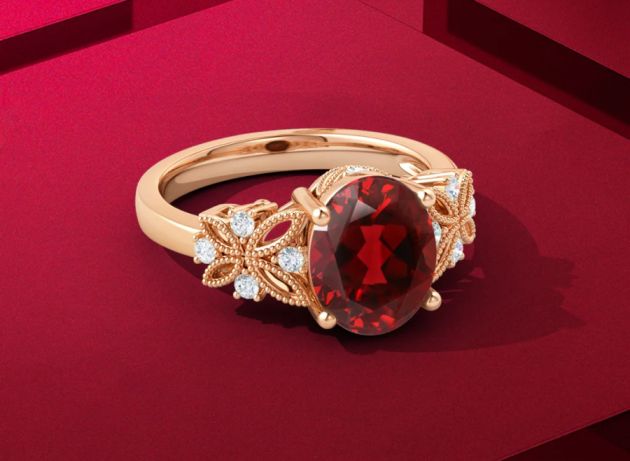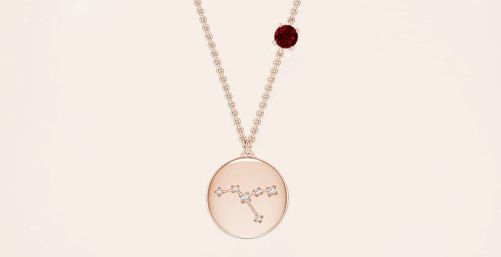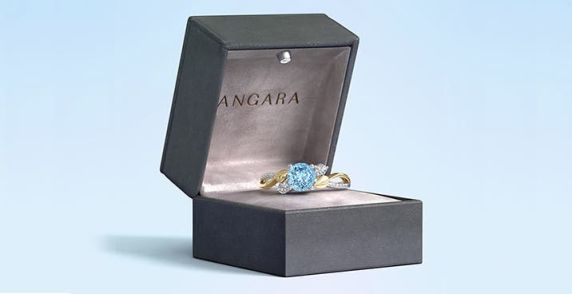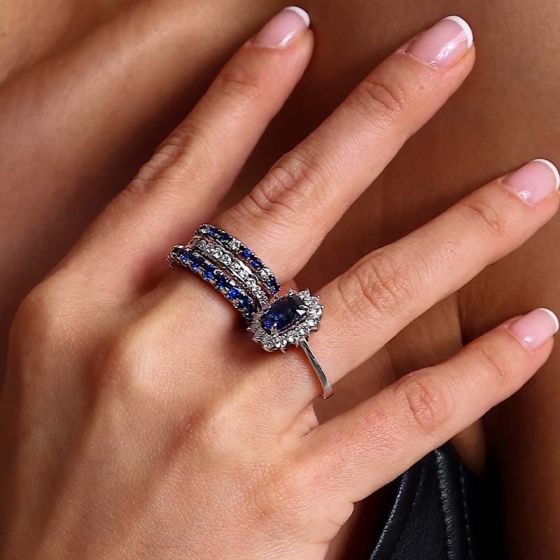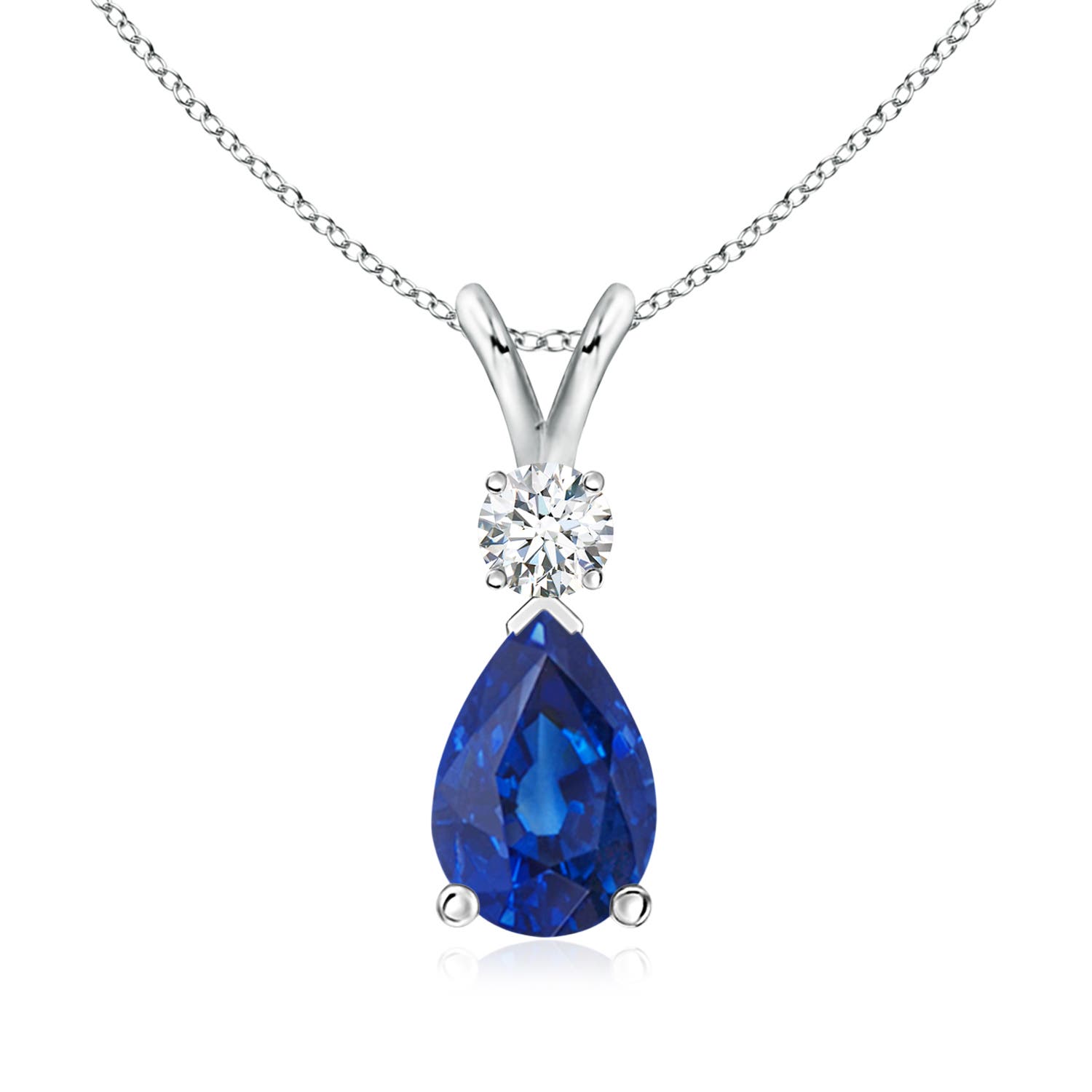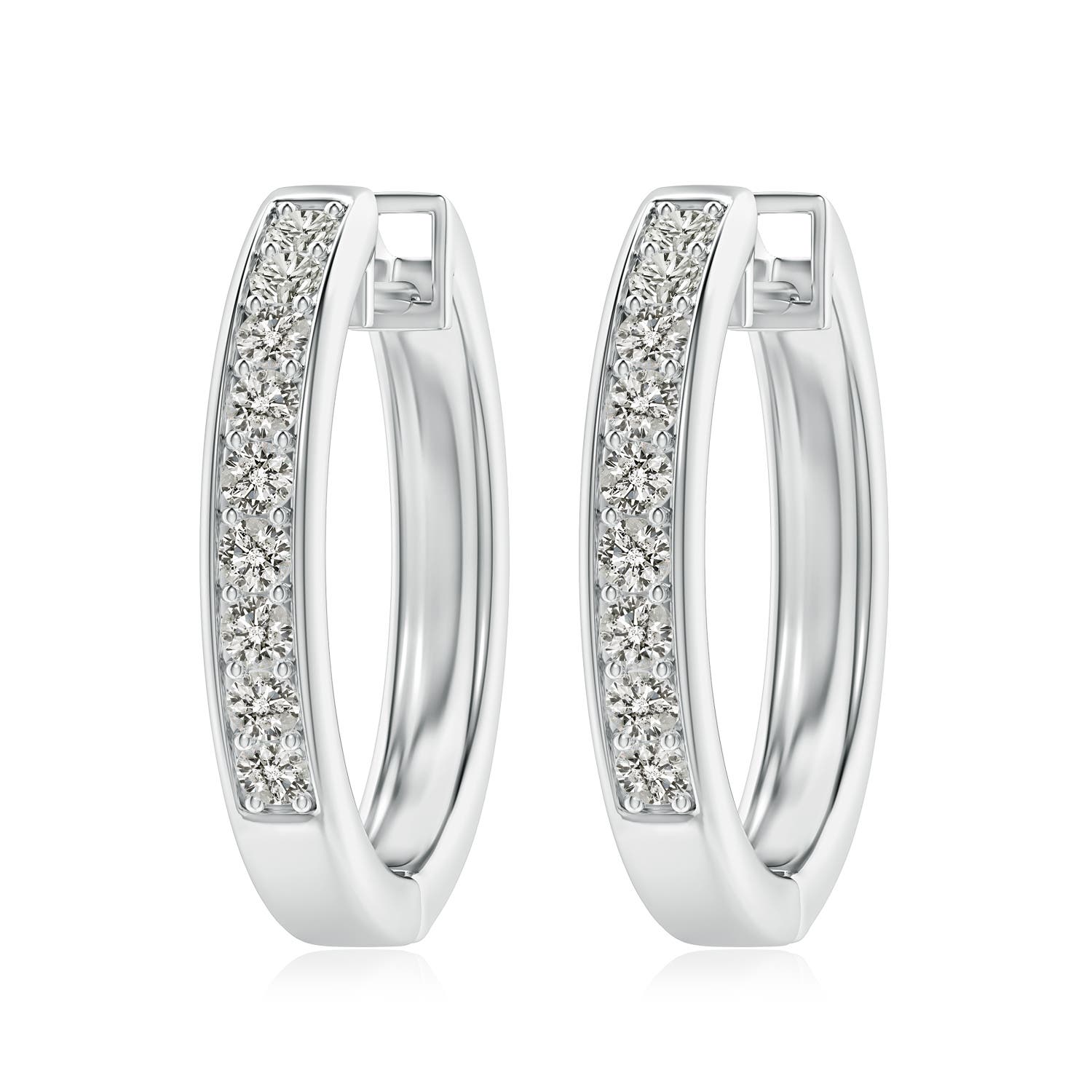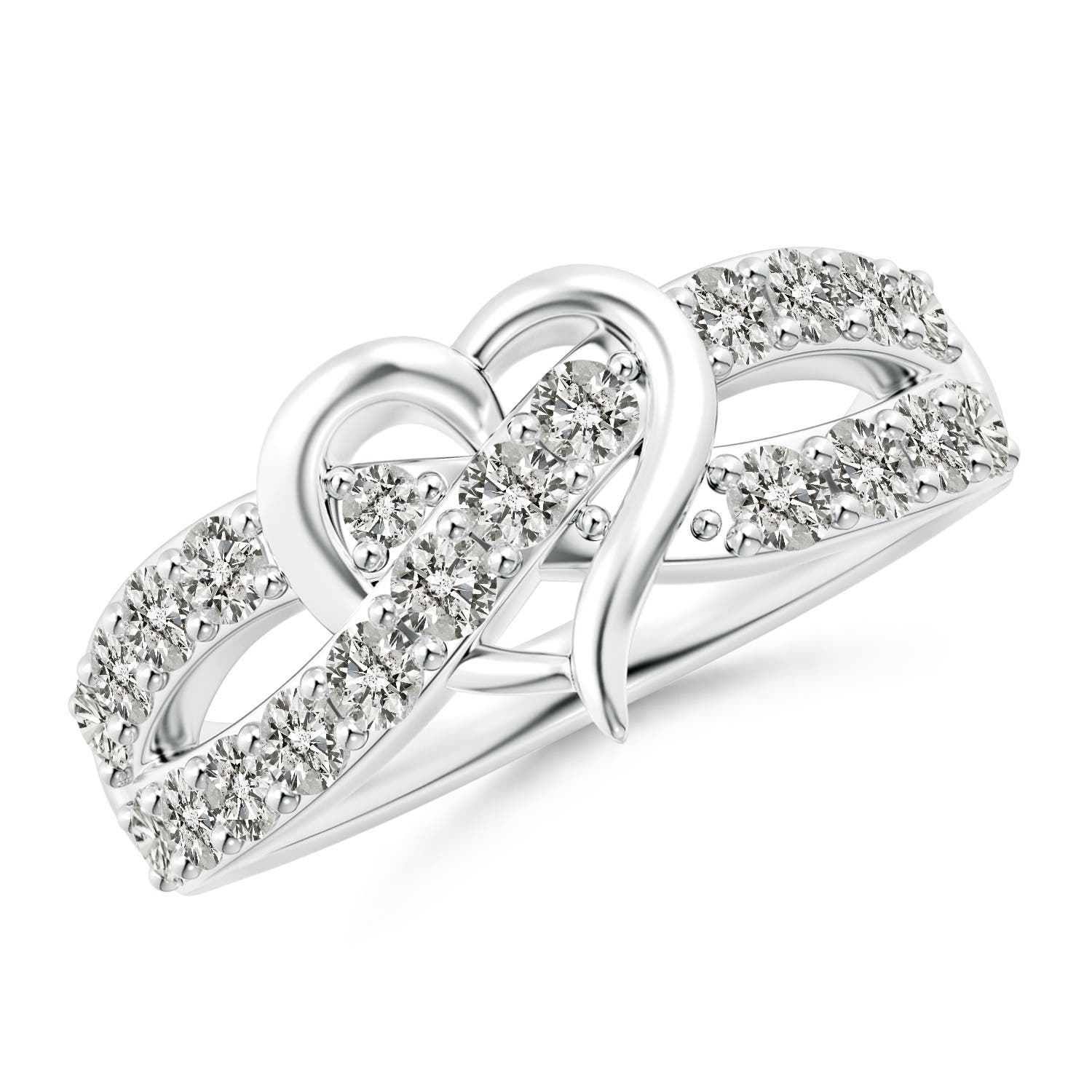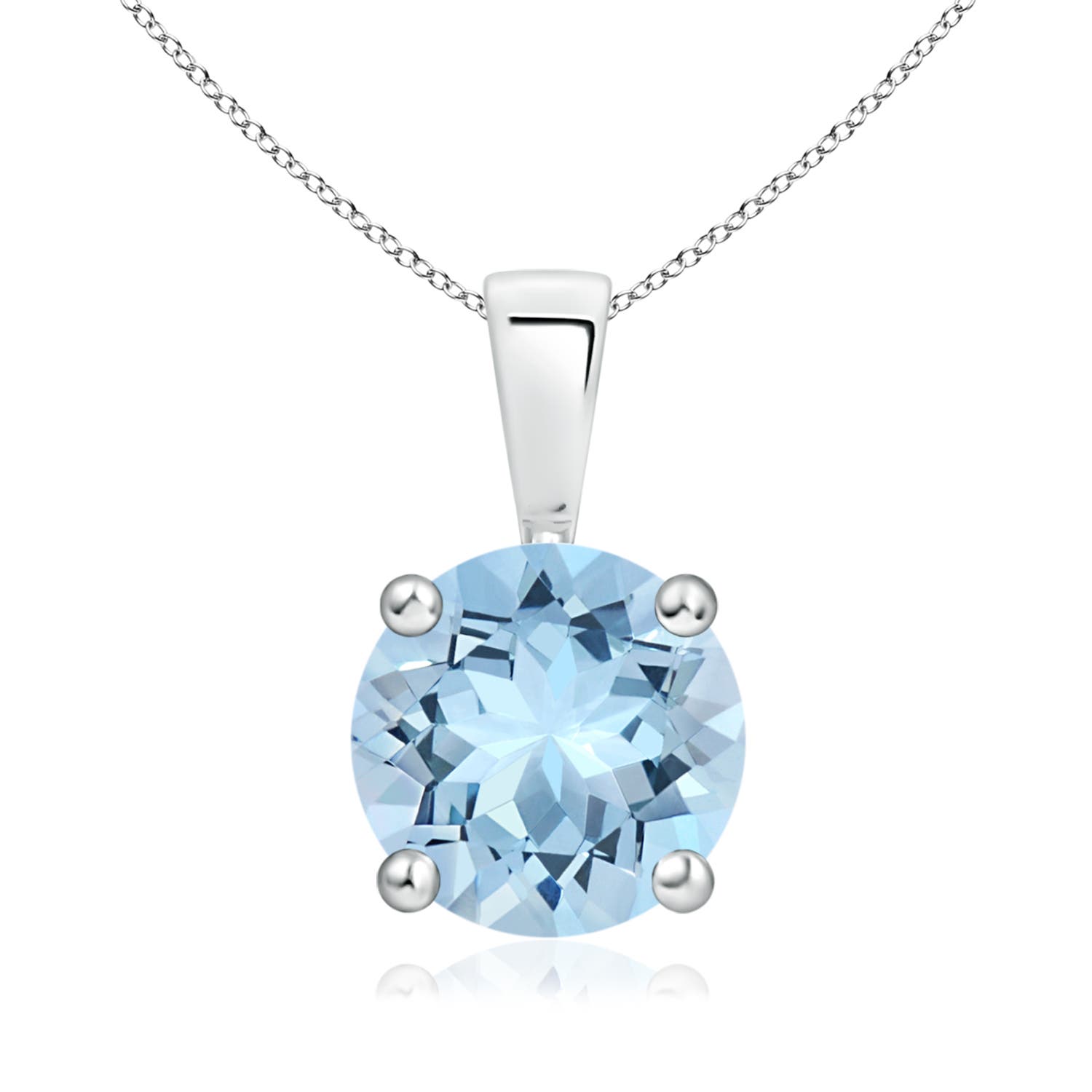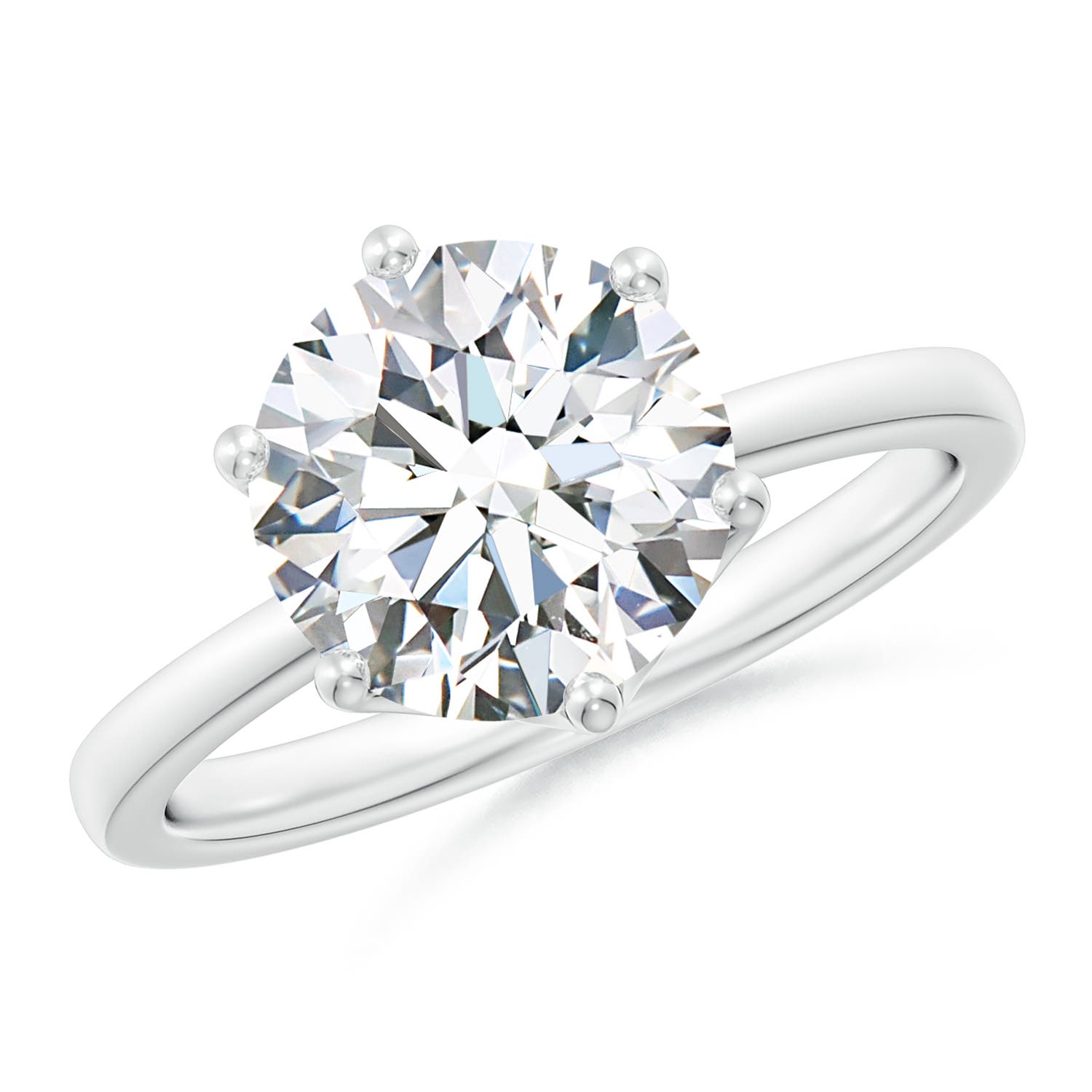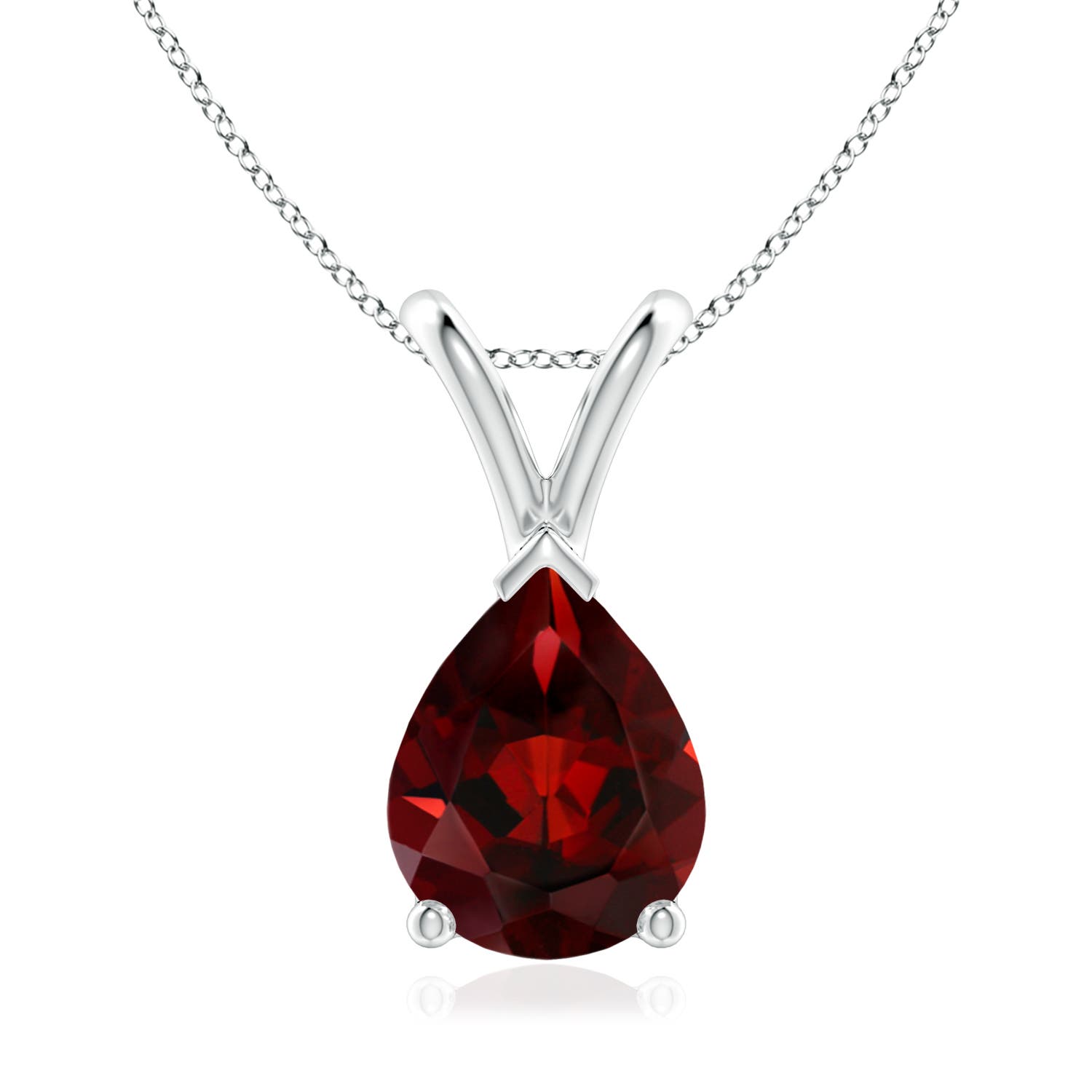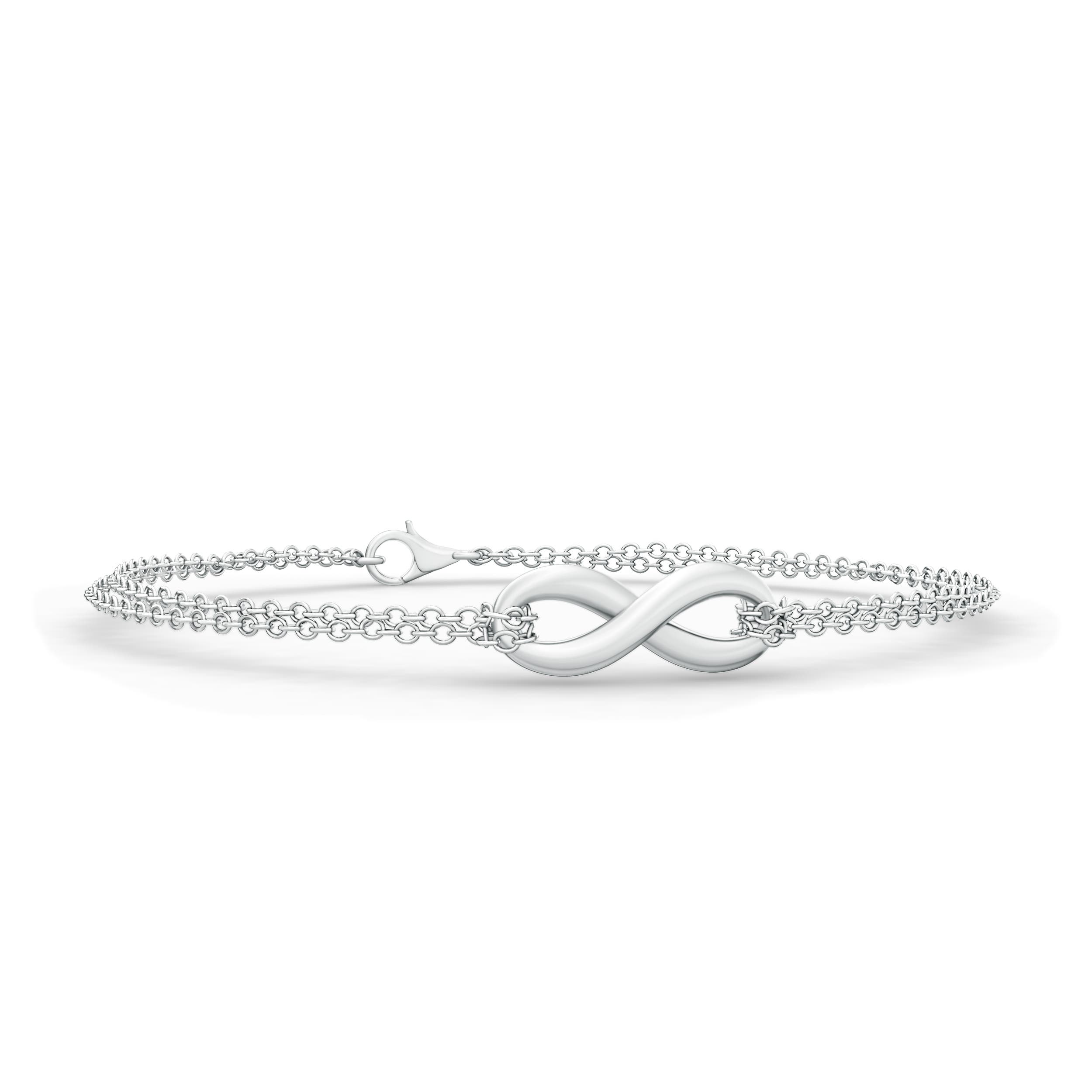If you own a piece of white gold jewelry, then you know how irresistible its sleek, silvery shine can be. However, over time, you might notice your ring or bracelet taking on a slightly yellowish hue. Wondering what could have gone wrong? Keep reading to understand why white gold color changes over time, what causes it and the best ways to keep that gorgeous white glow going strong.
What Is White Gold?
Despite its name, white gold isn’t purely white. It is an alloy, typically made by mixing yellow gold with metals like palladium, silver or nickel. This mix creates a metal that’s lighter than traditional yellow gold but still durable. To give it that bright, lustrous look, white gold jewelry is then coated with rhodium, a silvery-white metal that not only boosts shine but also adds to its strength.
However, as with any coating, rhodium doesn’t last forever. Over time, this rhodium layer can wear off, and that’s when you start to notice changes in the color of your white gold jewelry piece.
Why Does White Gold Turn Yellow Over Time?
The key reason for color changes in white gold is the natural wearing away of its rhodium coating. Here’s what happens:
1. Everyday Wear and Tear: Just like the soles of your favorite shoes, the rhodium coating on white gold jewelry piece experiences gradual wear, especially if it’s a ring or bracelet that’s exposed to a lot of friction. As this coating wears away, the underlying metal—usually a light yellow or grayish color—begins to show through, causing your jewelry to look less white.
2. Exposure to Elements: Skin oil, lotions, perfumes and even the minerals in water can contribute to the gradual breakdown of the rhodium layer. Over time, these elements subtly dull the shine and whiteness of white gold, making it appear darker or slightly yellowish.
3. Natural Composition of White Gold: Because white gold contains yellow gold, it’ll always have a warm undertone beneath that rhodium coating. Once the rhodium layer thins, the natural tint of the gold alloy becomes more visible.
Can You Restore White Gold to Its Original Shine?
Absolutely! Unlike other metals, white gold’s appearance can be refreshed with a process called rhodium plating or rhodium dipping. This involves applying a new layer of rhodium to the jewelry piece. This not only restores its bright, silvery-white finish but also adds a protective coating. Your jeweler will first thoroughly clean the piece to remove any oil or residues. Then, using a rhodium solution, they’ll plate the jewelry with a fresh layer of rhodium. This entire process typically takes only a few hours and can make your jewelry look as good as new.
For most people, rhodium plating lasts around one to two years. However, this depends on how often you wear the jewelry piece. Rings may need more frequent plating since they experience the most friction, while necklaces and earrings might last longer between treatments.
Also Read: Mixed Metal Jewelry
Common Myths About White Gold Color Changes
There are a lot of myths floating around about white gold and why its color changes over time. Let’s set the record straight on a few of them:
1. White gold isn’t real gold
Wondering whether white gold is real? Well, white gold is real gold, just alloyed with other metals to achieve its color and durability. The ‘white’ part comes from the metals it’s mixed with, plus that rhodium coating over it.
2. White gold that turns yellow is fake
White gold with a yellow tint isn’t fake. In fact, a slightly yellowish tint is normal as the rhodium wears off, revealing the gold alloy beneath. A quick rhodium re-plating can restore its original color.
3. White gold should look the same forever
Just like any other metal, white gold requires a bit of maintenance to keep it looking fresh. Rhodium plating won’t last forever, and that’s completely normal for white gold jewelry.
How to Care for White Gold Jewelry
If you want to extend the lifespan of that gorgeous white finish, here are a few simple tips to help with white gold maintenance:
1. Limit Exposure to Chemicals: Chemicals in perfumes, lotions, and cleaning products can wear down rhodium faster. Put your jewelry on after applying personal care products and avoid exposing it to harsh cleaning agents.
2. Avoid Chlorine and Salt Water: Chlorine, especially in pools or hot tubs, can be particularly harsh on white gold. If you’re planning to take a dip, it’s a good idea to take off your jewelry.
3. White Gold Cleaning: Gently clean your white gold jewelry with a soft cloth or a mild soap and water solution. Avoid abrasive cleaners or brushes, as they can scratch the surface and wear down the rhodium layer.
4. Consider Regular Check-Ups: If you wear your white gold jewelry daily, it’s a good idea to have it checked and cleaned by a jeweler once or twice a year. They can tell you when it’s time for fresh rhodium plating.
FAQs
1. Is it normal for white gold to turn yellow?
Yes, it’s completely normal for white gold to develop a yellow tint over time. This usually happens when the rhodium plating, which gives white gold its bright appearance, wears off.
2. What’s the best way to clean white gold?
You can clean white gold by gently washing it with warm, soapy water. For a deeper clean, consider using a jewelry cleaner specifically designed for gold.
3. Is white gold a popular choice for jewelry?
Absolutely! White gold continues to be a popular option due to its modern, sophisticated look and durability. It pairs beautifully with a variety of gemstones, making it a favorite choice for everything from engagement rings to everyday wear pieces.
